Appendicitis is a common and urgent condition that requires immediate attention. It involves inflammation of the appendix, a small tube-like structure attached to the large intestine. If untreated, it can lead to serious complications like appendix rupture, making timely diagnosis and intervention essential for optimal outcomes.
A significant complication of untreated appendicitis is an appendicular abscess, commonly seen in patients aged 10 to 30. Prompt diagnosis and treatment are crucial to prevent further issues and ensure a successful recovery.
Dr. Senthil, a renowned specialist in Hosur, excels in appendicitis treatment through advanced laparoscopic techniques. His patient-centered approach and minimally invasive procedures ensure faster recovery and minimal discomfort, making him a top choice for appendicitis treatment in Hosur, with high patient satisfaction and excellent outcomes.
The appendicitis is a small, finger-shaped pouch located on the lower right side of the abdomen. While its function remains largely unknown, it can become a source of severe medical concern when inflamed or infected.
appendicitis, the inflammation of the appendix, occurs when the appendix becomes blocked or infected, leading to intense pain and swelling. If not treated promptly, the appendix can rupture, causing life-threatening complications such as peritonitis (inflammation of the abdominal lining) or the formation of an abscess.
appendicitis is considered a medical emergency that typically requires the surgical removal of the appendix, known as an appendectomy. In this article, we will explore the symptoms of appendicitis, discuss the various treatment options available, and address frequently asked questions to provide a comprehensive understanding of this condition and its management.
Appendicitis can be classified into two main types based on the severity and characteristics of the condition:
Identifying the symptoms of appendicitis is crucial for prompt treatment. Common signs to watch for include:
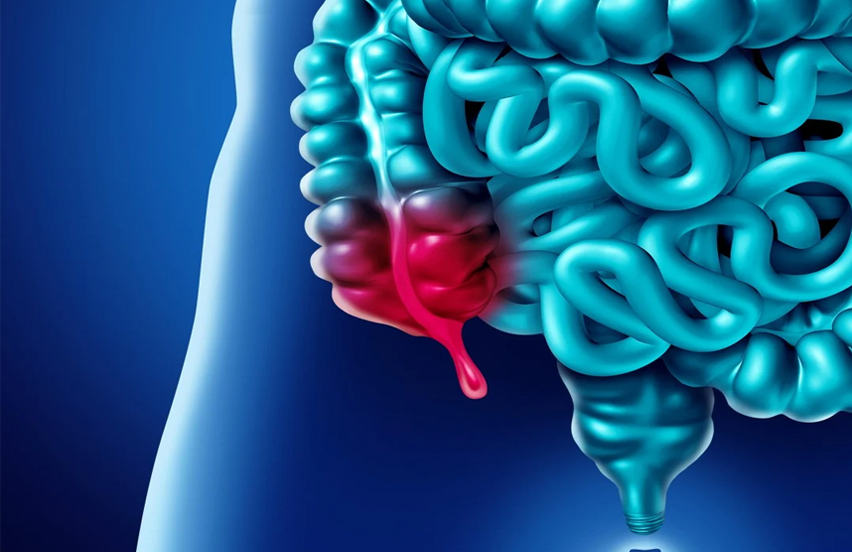
appendicitis can develop due to various factors, including:
Although appendicitis cannot always be prevented, certain measures can help reduce the risk:
Before the procedure, consult your healthcare provider to discuss your symptoms, the treatment plan, and any potential risks associated with appendicitis.
Your doctor will perform necessary evaluations, which may include blood tests, imaging scans (such as an ultrasound or CT scan), and a physical examination to assess the severity and location of your appendicitis.
Your doctor may advise you to fast for several hours before the procedure. This ensures your stomach is empty, which helps reduce the risk of complications during anesthesia and surgery.
Inform your healthcare provider about all medications you are currently taking, including over-the-counter medications and supplements. Follow their instructions on which medications to continue or discontinue before the procedure.
Stay hydrated before the procedure unless your healthcare provider instructs otherwise. Drinking water is usually allowed up until a few hours before your surgery.
Your doctor will provide specific instructions on what to expect during and after the procedure, including potential complications and recovery expectations. Make sure to clarify any questions you may have.
Follow all prescribed medications and care guidelines closely, including any restrictions related to physical activity.
Allow your body ample time to heal by getting plenty of rest and avoiding strenuous activities.
Slowly resume your normal activities as directed by your healthcare provider to minimize the risk of complications.
Be vigilant for signs of infection or complications, such as increased pain, fever, or unusual discharge from the surgical site, and seek medical attention if necessary.
Uphold a balanced and nutritious diet to facilitate recovery and avoid digestive complications.
If you are in search of a highly skilled laparoscopic surgeon for the treatment of appendicitis, Dr. senthil specializes in advanced laparoscopic procedures. These minimally invasive techniques are precisely designed to address appendicitis effectively, ensuring optimal outcomes for patients.
Dr. senthil is dedicated to providing comprehensive care, conducting thorough consultations to evaluate each individual case and recommend tailored treatment options. His commitment to utilizing state-of-the-art technology and techniques highlights his ability to deliver effective and compassionate care.
appendicitis is a serious condition that requires immediate medical attention. With Dr. senthil's expertise and compassionate care, you can be assured of receiving the highest standard of treatment. Our advanced laparoscopic techniques, combined with a state-of-the-art facility and a personalized approach, facilitate a safe and effective recovery process. If you suspect you may have appendicitis, do not hesitate to seek medical assistance. Early intervention is crucial in preventing complications and ensuring optimal health outcomes.
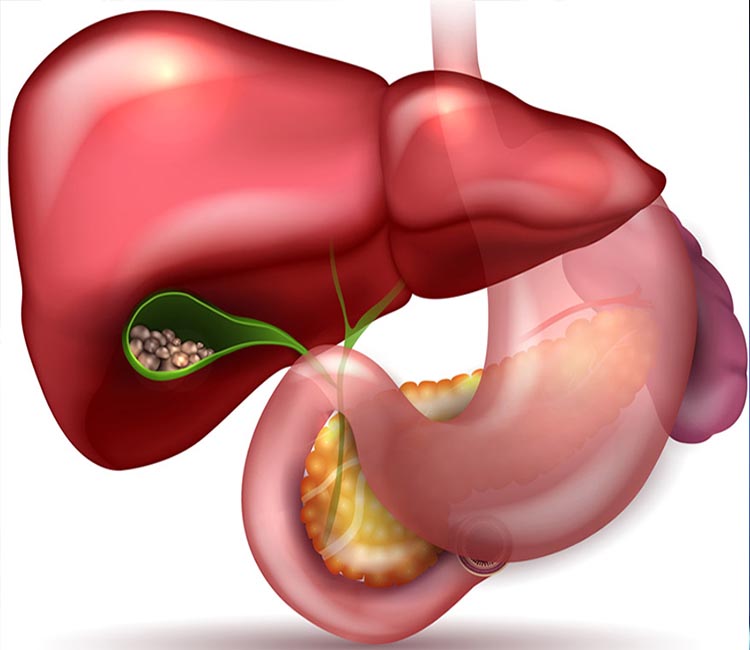
We offer advanced minimally invasive surgery for gallbladder stones, providing effective treatment to alleviate pain and prevent complications, ensuring a quick recovery and long-term relief.
Read more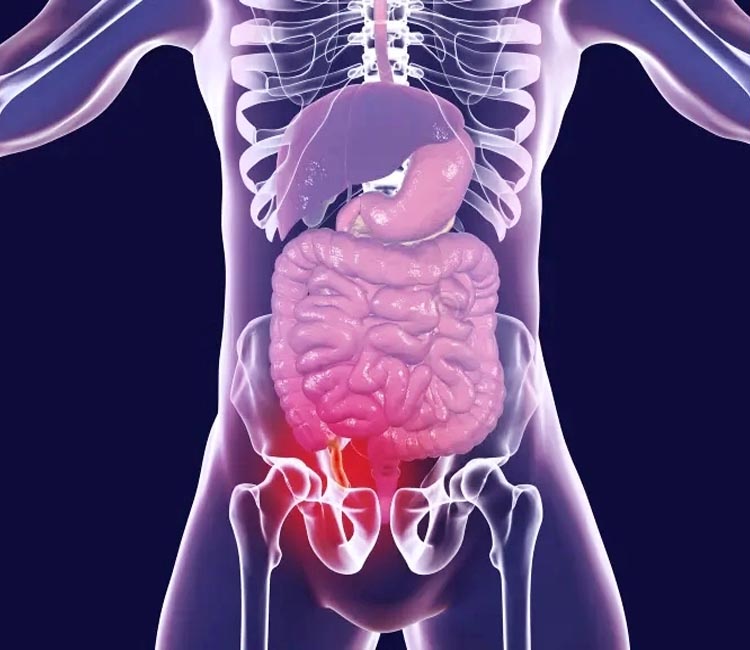
Our expert surgeons provide prompt and effective appendectomy solutions, offering advanced care to treat appendicitis, minimize risks, and ensure a fast return to normal activities.
Read more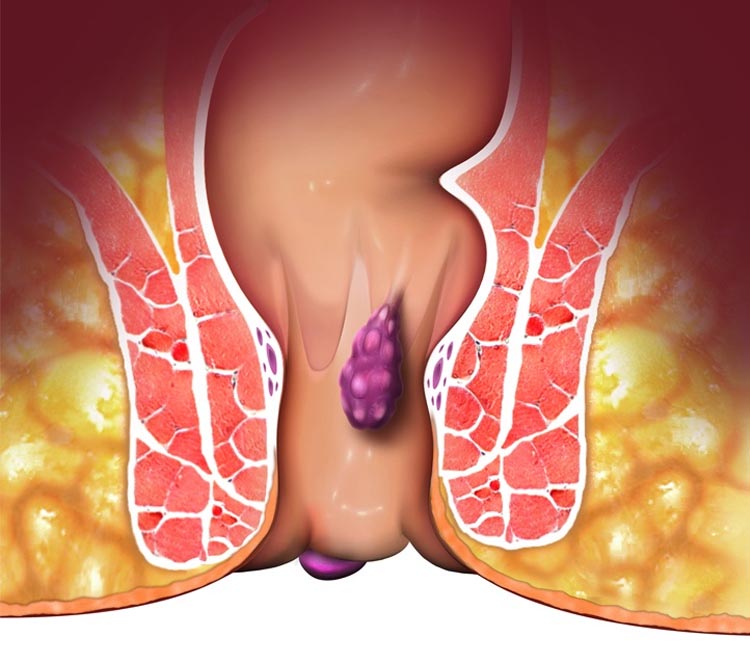
We specialize in advanced hemorrhoid treatments, using the latest surgical techniques for effective relief from discomfort, pain, and bleeding, ensuring a faster recovery with minimal downtime.
Read more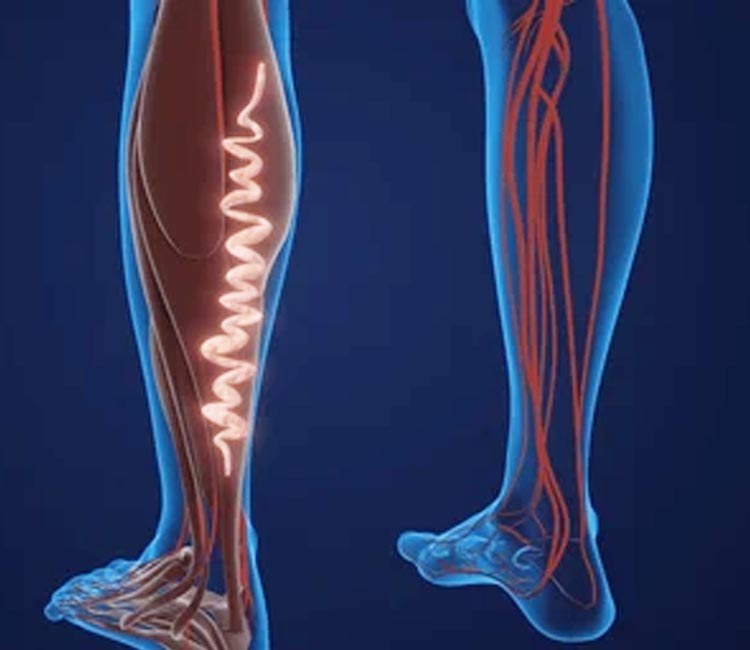
We offer cutting-edge treatments for varicose veins, using advanced surgical techniques to alleviate pain, enhance circulation, and restore the natural look and function of your legs.
Read more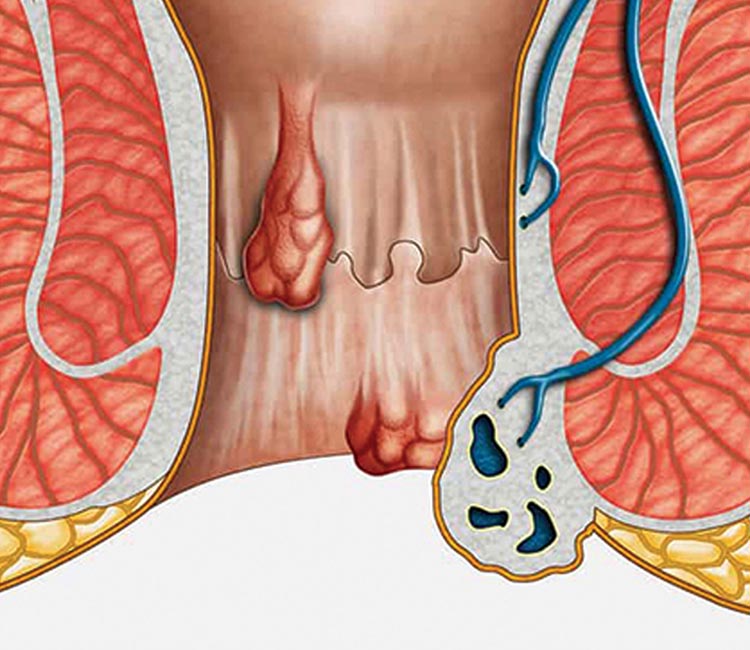
Our surgical care for pilonidal sinus focuses on minimally invasive procedures, ensuring precise treatment, rapid recovery, and a reduced risk of recurrence for optimal patient outcomes.
Read moreCopyright © 2024 Laparosurgeon All Rights Reserved. Powered by Spellinfo Technologies